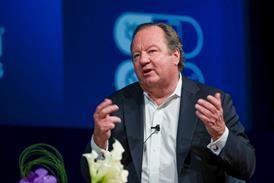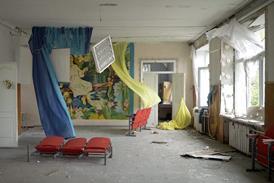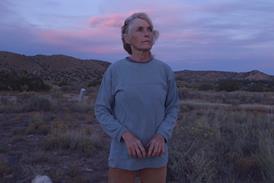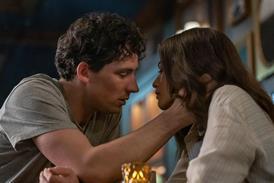Russia's second largest film production facility, Gorky Studios in central Moscow, has taken the first step on the road to privatisation.
The formerly state owned studios have been restructured as a joint-stock company with the state owning a blocking stake, 25% plus one of the shares, while the remaining shares will go on the market to be bought by private investors.
Speaking about the privatisation, Stanislav Yershov general director of the Gorky Studios said: "I am sure this means the start of a new life for the oldest Russian studio. This is the end of the crisis that the studio suffered throughout the past decade. We have paid all our debts.
In the fast-growing Russian film market we are sure that our services will be in great demand."
The volume of sales from services offered by the Gorky Studios to domestic and foreign companies last year has increased more than three times in comparison with 2002 with continued increases expected this year.
Over the next two or three years the studio is planning to upgrade its equipment and technical facilities, build two new sound stages and to refurbish its lab and mixing studios. A new Dolby sound studio will be opened in two or three months.
While neighbouring Mosfilm Studios recently won a reprieve from privatisation, Yershov said this was not feasible for Gorky. "The huge film library it possesses gives Mosfilm a good profit base, for us privatisation is the best and the only way," he said
He also added that Gorky was planning to create its own production centre and he envisions producing 12 to 15 feature films a year.
Founded in 1915 the Gorky Studio for Children and Youth has produced more than 100 feature films in its 88 year history. In the 1990's it became a centre for young talent making low budget, often quirky films like Nicolai Lebedev's Sudden Spring or Ilya Makarov's The Captain's Body Will Be Buried And The Senior Warrant Officer Will Sing His Song about the St Petersburg youth subculture.



















No comments yet